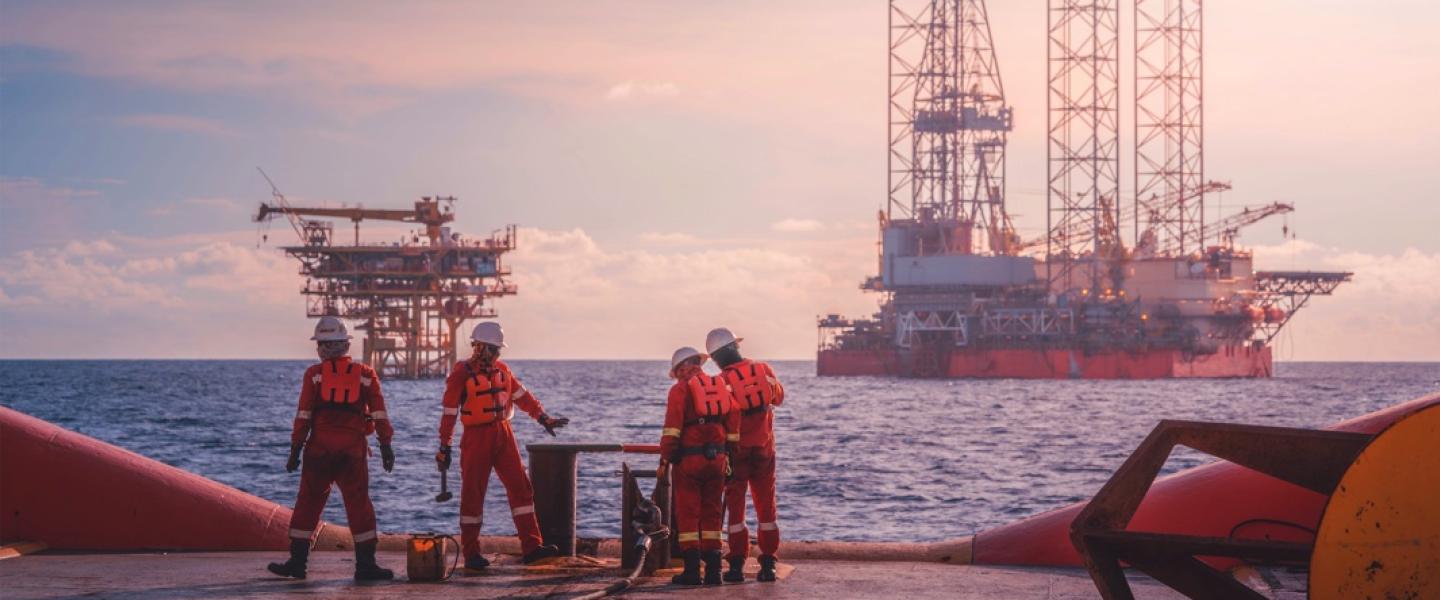“Empowering People Working at Sea from Training to Justice” was recently published by Human Rights at Sea Advisory Board member Toon van de Sande to catalyse collective action in the fight against welfare abuses.
This White Paper discusses the concept of a “continuum of care” for seafarers and looks at the determined needs of people working at sea, including the services currently being delivered by the welfare sector and other psycho-social and legal experts.
Van de Sande is engaging with leading figures in the maritime industry, and so far, the traction gives him “hope” that the initiative is “falling on fertile soil.”
Anonymised feedback from some stakeholders has been captured and shared below.
“The welfare worker is not always seen as a professional by the other experts.” a retired Chief Chaplain noted.
The Continuum of Care and Code of Conduct and training appear at the core of this White Paper, proposing several key questions and provoking a vital conversation about long-term and sustained support for seafarers.
An issue that Human Rights at Sea has been pursuing through its Maritime Levy Campaign is the use of government-collected levy funds to secure assured year-on-year onshore welfare funding for seafarers.
Several maritime charities have said that they welcome any initiative to bring the welfare sector together more closely, agree on standards and deliver quality services to seafarers, with one NGO commenting that the White Paper is a “stimulating read”, adding that it is “important for all organisations to understand the bigger picture, understand what is needed at each stage, identify the gaps and be honest about whether they are the best organisation to fill that gap.”

Seafaring is a vitally important career choice, with 1.6 million workers keeping the global economy in goods moving. Still, for many years the plight of a seafarer has been kept in the dark as being a profession that is out of sight and out of mind.
An expert in the maritime industry acknowledged that “The only way forward is for all the industry to unite and stand as one and prove to seafarers by deeds that they are being taken care of.”
Many seafarers have also welcomed the White Paper calling it “positive” and something that will “help seafarers boost morale” and will ensure seafarers “feel recognised for their hard work”.
One Cadet said she is “very pleased with the idea of human rights being recognised as universal; they apply at sea as they do on land.” This notably is the founding principle of Human Rights at Sea.
Maritime experts have commented that the crux of this White Paper is empowerment and have recognised that seafarers should also be seen as the most significant experts.
Experts agree that this White Paper is an “important step” and have asked the key question: “how can we take this forward to establish an enforceable baseline for welfare workers?”
Human Rights at Sea is delighted with the response from maritime stakeholders so far and hopes that the discussion around the continuum of care for seafarers initiates not only thought leadership but also ensures that action is taken in the sector to guarantee that these ideas are achieved.
Everyone has the right to work in a safe and healthy environment. This is just as true at sea as it is on land. This Paper is an important step in helping this right become and remain a reality.
Human Rights at Sea stands with seafarers and their families around the globe.
Next week, we have an exclusive interview with Toon van de Sande, where we will look at the reaction to “Empowering People Working at Sea from Training to Justice” in more detail and discuss what prompted the idea for the White Paper and what he would like to see from the welfare sector moving
For more information on “Empowering People Working at Sea from Training to Justice”, please contact: toonvandesande@hetnet.nl
About Sharing. We welcome the use and dissemination of our work with proper accreditation. Please ensure that our Terms of Use are conformed with at all times.
